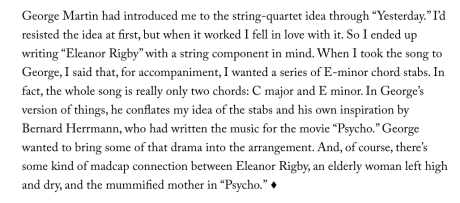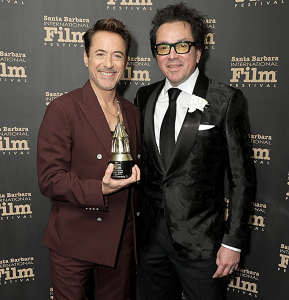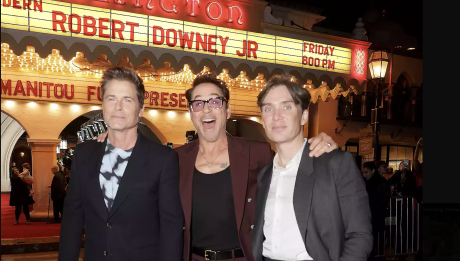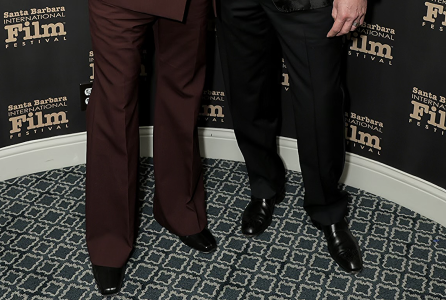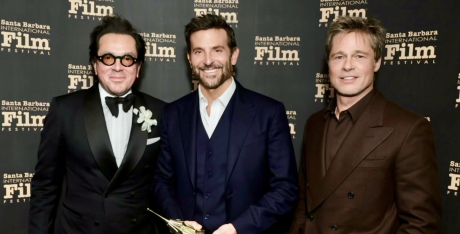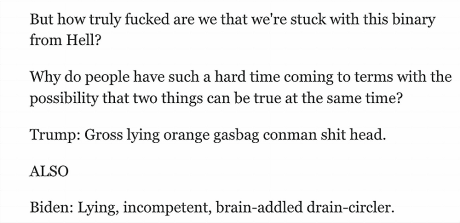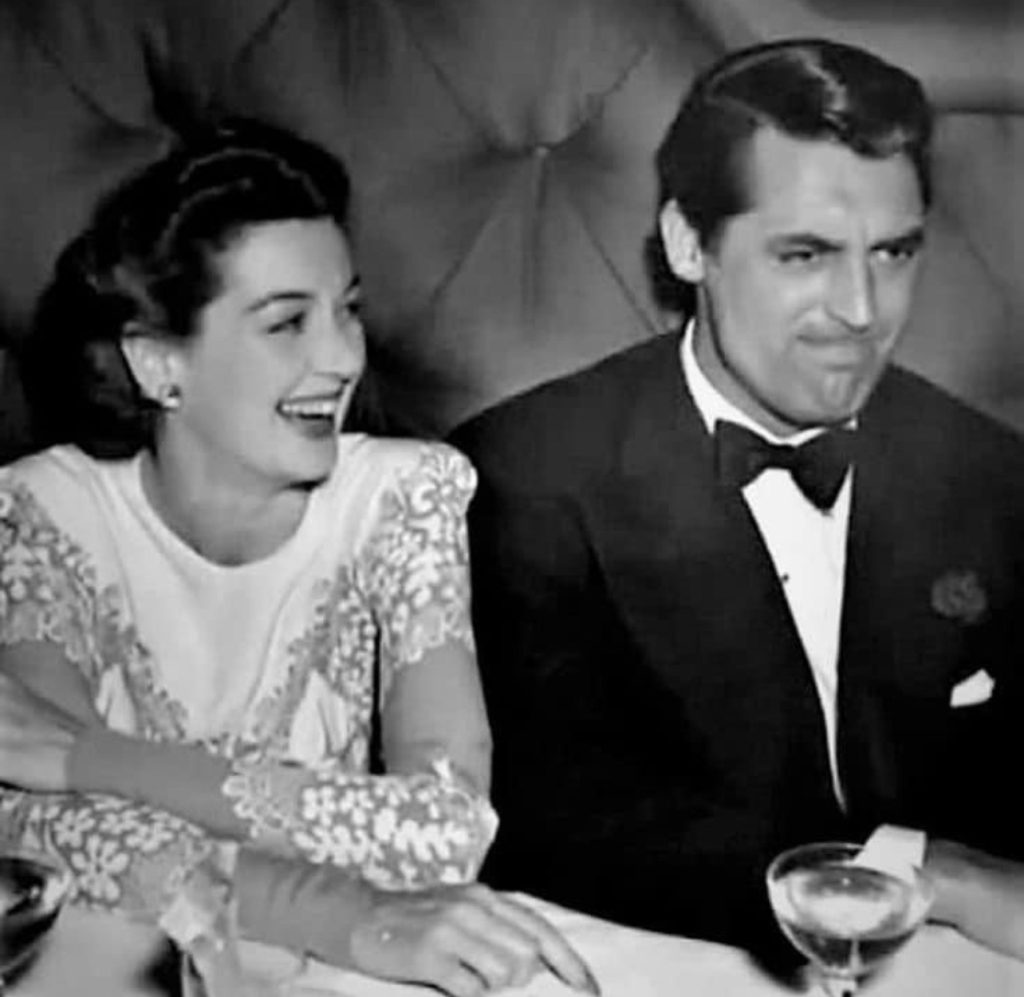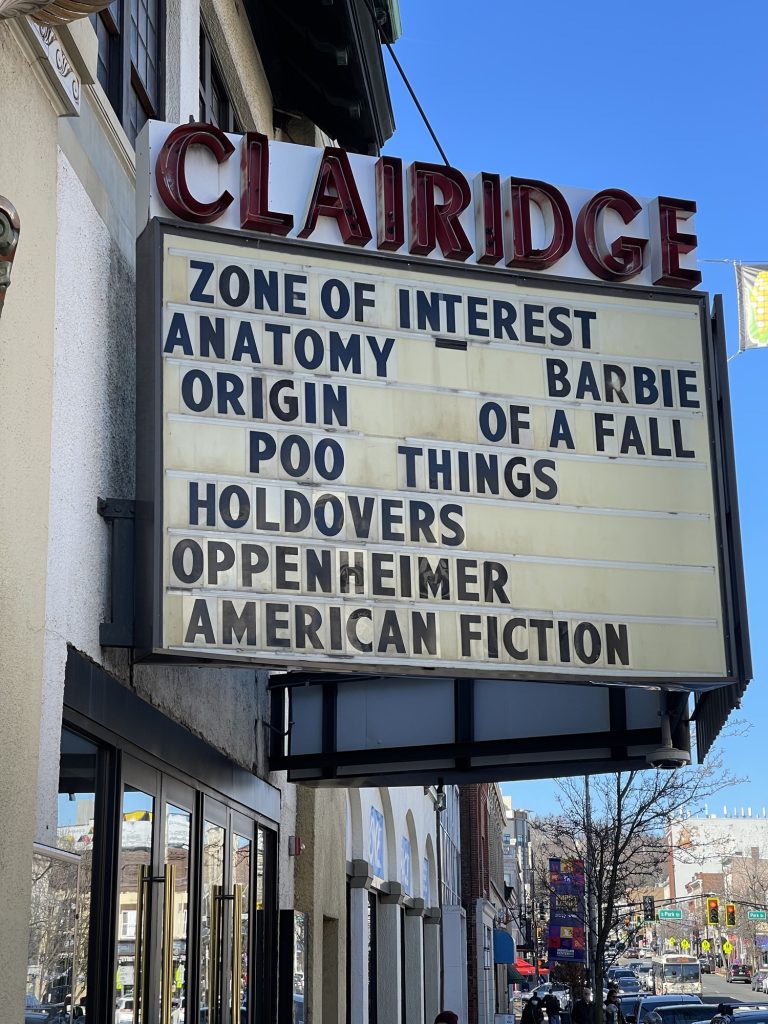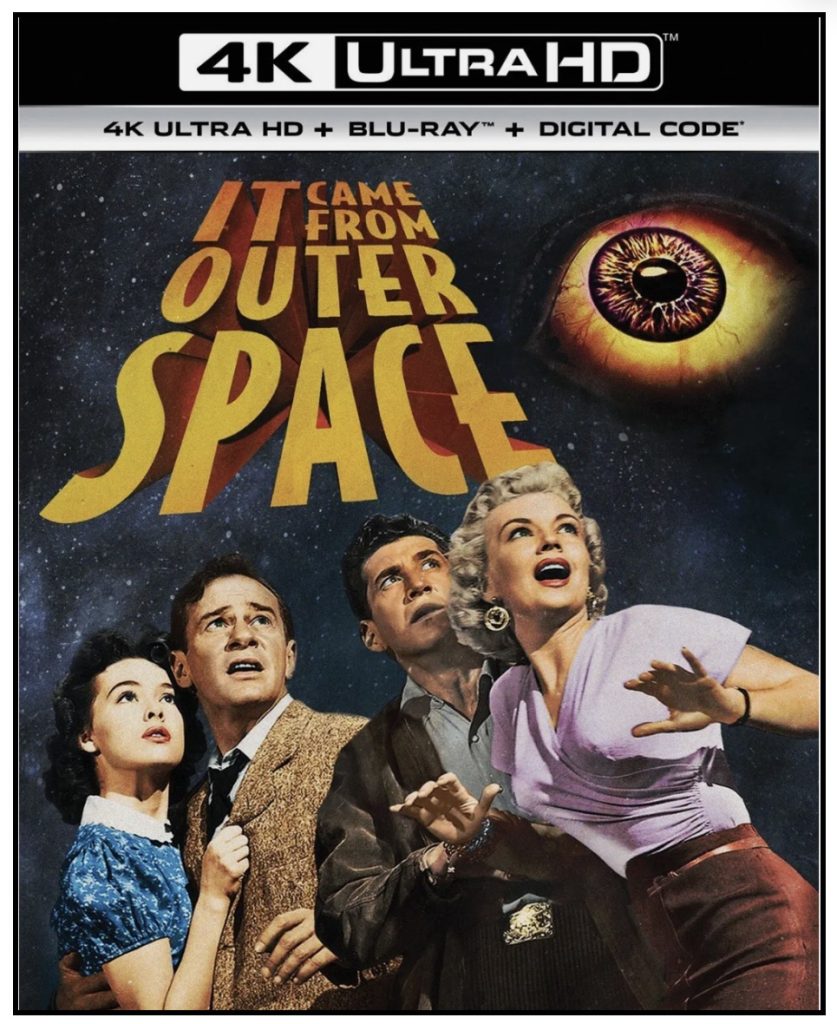Yesterday Dakota Johnson was doing an interview in Los Angeles for the doomed Madame Web (Sony, 2.14) when a mild (4.6) earthquake hit. No biggie if you’re a Californian but some freak out anyway. An interviewer or a publicist in the room went “hah-hah-hah-hah-HAH-HAH-HAH-HAH-HAH-HAH!!” The louder the cackling, the more jolted a person feels.
Calm off-camera dude: “There was one reported hours ago that happened in Hawaii.”
Johnson: “Oh, that’s what it is. That makes sense. Yeah. For sure.”
Off-camera interviewer / publicist: “Huh-huh-HAH-HAH-HAH-HAH-HAH-HAH!”
HE to Johnson: “Uhm…not really. Hawaii is roughly 2500 miles from Los Angeles.”
A 4.6 earthquake is nothing. Barely an eyebrow-raiser. A quake needs to be at least a 5.5 to write home about it. I vividly recall the Northridge earthquake of January 17, 1994, which happened in the wee hours (4:31 am) and registered as a 6.7. I remember looking out the window toward the street and seeing the blue-white flare of telephone pole juncture boxes lighting up the immediate area. Johnson was a little more than four years old at the time.

